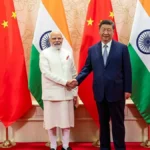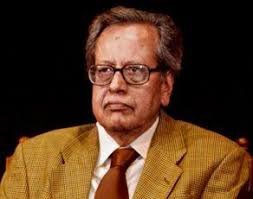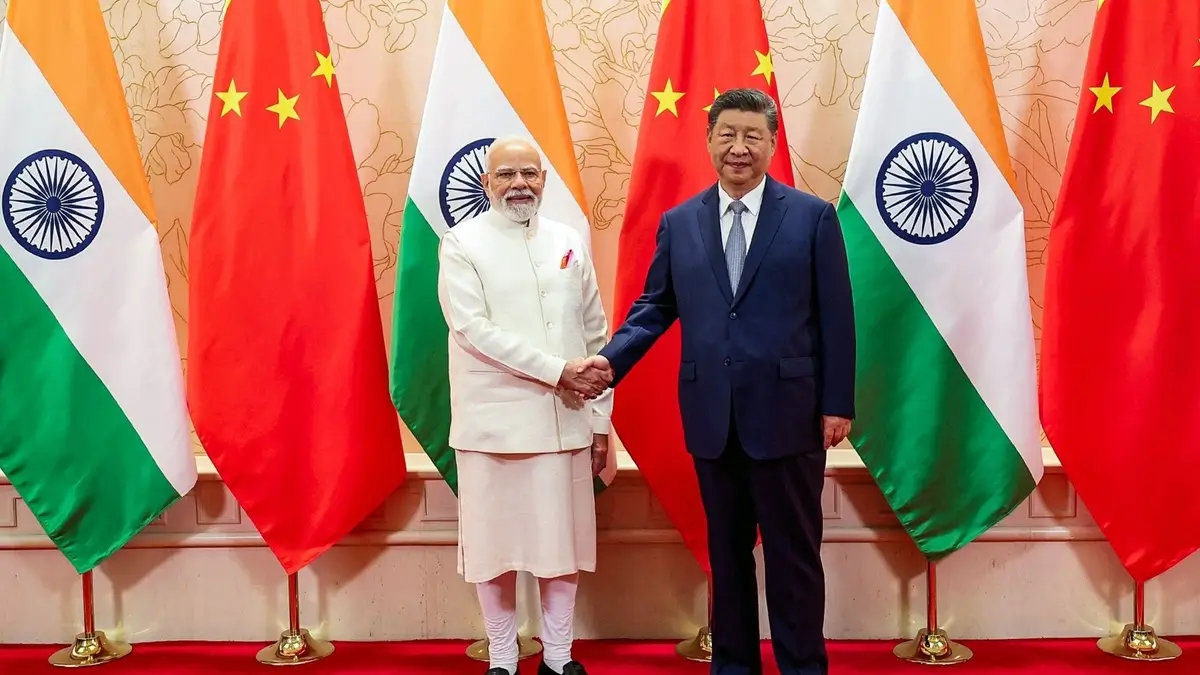Renowned Economic Historian Amiya Kumar Bagchi Passes Away
Amiya Kumar Bagchi, a prominent Indian economic historian and academician, passed away at the age of 88. Bagchi, whose contributions to the field of economic history were highly regarded, left behind a legacy of insightful research and scholarly work that continues to influence economists and historians worldwide.
The Life and Work of Amiya Kumar Bagchi
Amiya Kumar Bagchi was an eminent figure in the world of Indian economic history. He was known for his extensive research on the economic conditions in India during the British colonial period and the post-independence era. Bagchi’s work focused on how economic policies during colonial rule had a long-lasting impact on India’s development. His most notable contribution was his book “The Political Economy of Development in India,” in which he examined the structural constraints faced by India in its quest for economic progress.
Throughout his career, Bagchi contributed immensely to both Indian and global economic discourse. He was a professor of economics at the prestigious Presidency College in Kolkata, where he influenced generations of students. His rigorous research methods and ability to analyze complex economic systems made him a respected figure in academia.
Impact on Indian Economic History
Bagchi’s research provided deep insights into the colonial economy of India, focusing on how British policies stifled the economic growth of the Indian subcontinent. He explored the consequences of British economic exploitation and how it laid the foundation for India’s economic challenges post-independence. His work also examined the crucial economic reforms required for India’s future development.
His scholarship has inspired many policymakers and economists in India, and his legacy continues to shape modern economic thought in India. Bagchi’s influence was not limited to his research but also extended to his mentoring of young economists, who have carried forward his teachings.

Why This News is Important
A Loss to the Indian Academic Community
The passing of Amiya Kumar Bagchi marks a significant loss to the academic world, especially in the field of economic history. His work was instrumental in shaping the way economic historians understand colonial India’s economic structures. His death is felt deeply by his colleagues, students, and those who benefited from his research and teachings.
Continued Relevance of His Work
Despite the modern advances in economic theory, the issues raised by Bagchi about the colonial exploitation of India continue to remain relevant in today’s global discussions on inequality, development, and post-colonial economies. Students and researchers still refer to his work to understand the foundations of economic development in the global South.
Significance for Government Exams
Amiya Kumar Bagchi’s contributions to economic history are frequently referenced in academic discussions and are relevant for students preparing for various government exams, especially those in the fields of history, economics, and public administration. His insights into colonial policies and their long-term impacts on India’s economy are crucial for students of Indian history and economics preparing for exams like the IAS, PSCS, and other civil services.
Historical Context: Background Information on Amiya Kumar Bagchi’s Work
Amiya Kumar Bagchi was born in 1935 in India and rose to prominence as one of the most respected economic historians in the country. His scholarly journey began with a focus on the economic policies implemented by the British colonial government in India. Through his extensive research, Bagchi highlighted how British colonial rule imposed significant economic hardships on India’s indigenous industries, agriculture, and trade, leaving behind a legacy of poverty and underdevelopment.
Bagchi’s work was rooted in the Marxist tradition of historical materialism, which seeks to understand the economic history of societies through the lens of class struggles and material conditions. His most famous work, The Political Economy of Development in India, published in the 1970s, critically analyzed the economic policies and their effects on India’s economic growth after independence.
Bagchi’s research on post-independence economic planning also sought to understand how India’s early years of economic policy could have been shaped by the lessons learned from the colonial past. His focus on the economic constraints imposed by British colonialism provided valuable insights into why India faced specific challenges in its development post-1947.
Key Takeaways from “Amiya Kumar Bagchi: Renowned Economic Historian Dies”
| Serial No. | Key Takeaway |
|---|---|
| 1. | Amiya Kumar Bagchi was a renowned Indian economic historian, known for his work on the impact of British colonialism on India’s economy. |
| 2. | His most influential work, The Political Economy of Development in India, focused on the economic challenges India faced post-independence. |
| 3. | Bagchi’s research on colonial economic policies highlighted how British rule hindered India’s economic progress. |
| 4. | He served as a professor at Presidency College in Kolkata, mentoring generations of economists. |
| 5. | His contributions continue to influence economic discourse, especially in understanding post-colonial economies. |
Important FAQs for Students from this Newsv
Who was Amiya Kumar Bagchi?
Amiya Kumar Bagchi was a renowned Indian economic historian known for his research on colonial India’s economic structure and its lasting impacts on the country’s development.
What is Amiya Kumar Bagchi’s most famous work?
His most famous work is The Political Economy of Development in India, in which he analyzed the effects of British colonialism on India’s economy and the challenges it faced post-independence.
How did Bagchi contribute to Indian economic history?
Bagchi provided deep insights into the economic policies of the British colonial period and their impact on India’s growth. His research helped shape modern economic thought on post-colonial economies.
Why is Amiya Kumar Bagchi’s work relevant for government exam preparations?
His work on the colonial economy and post-independence economic reforms is crucial for students preparing for exams like IAS, PSCS, and other civil services exams, as it relates to topics in history, economics, and public administration.
What was the significance of Bagchi’s research on colonialism in India?
Bagchi’s research highlighted how British policies stifled India’s economic growth, and his analysis provided valuable lessons for India’s post-independence economic development.
Some Important Current Affairs Links

















